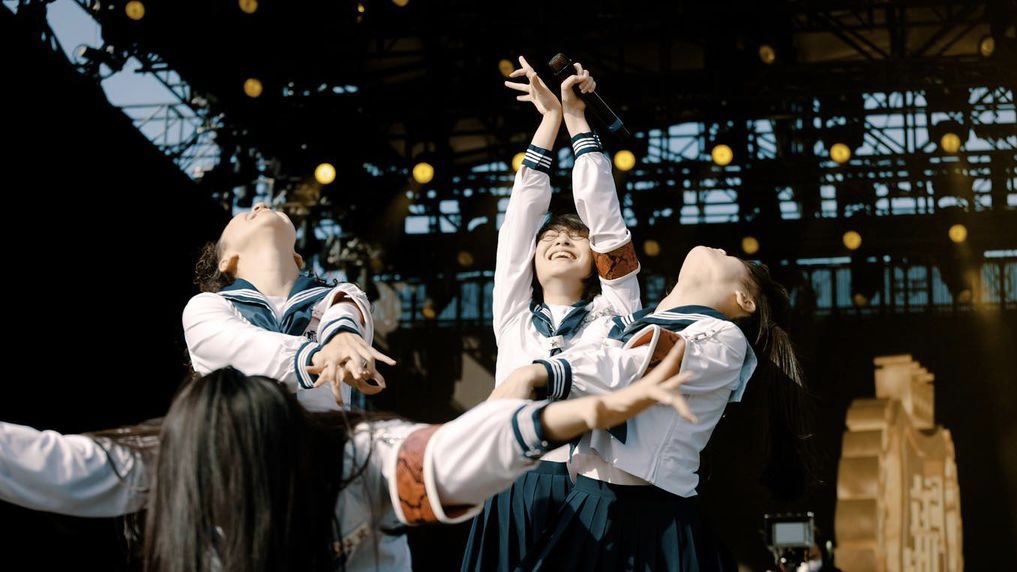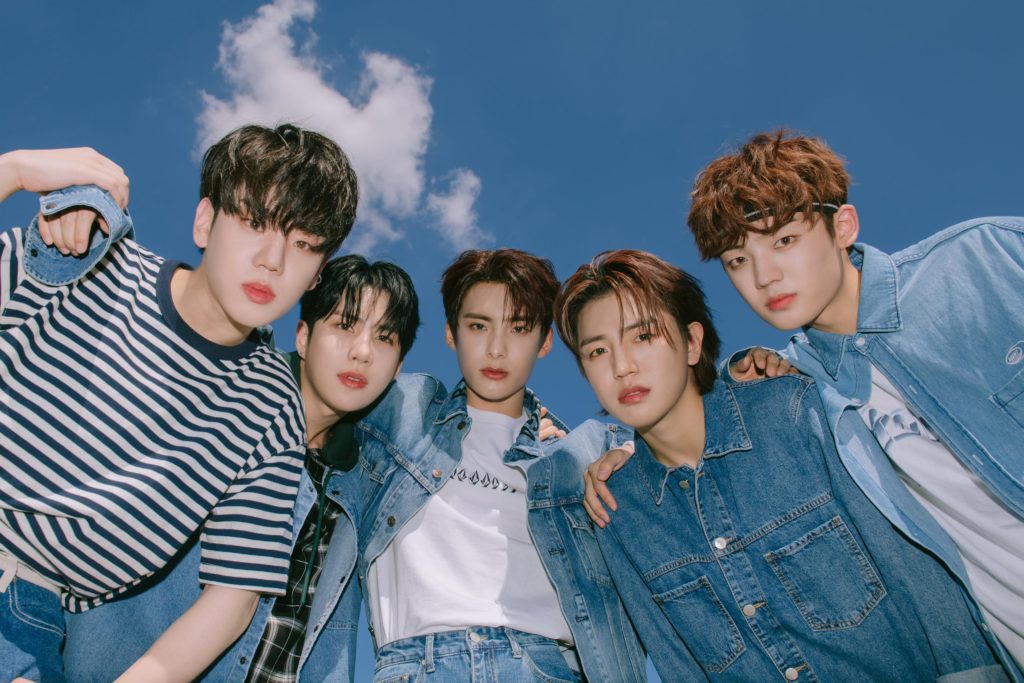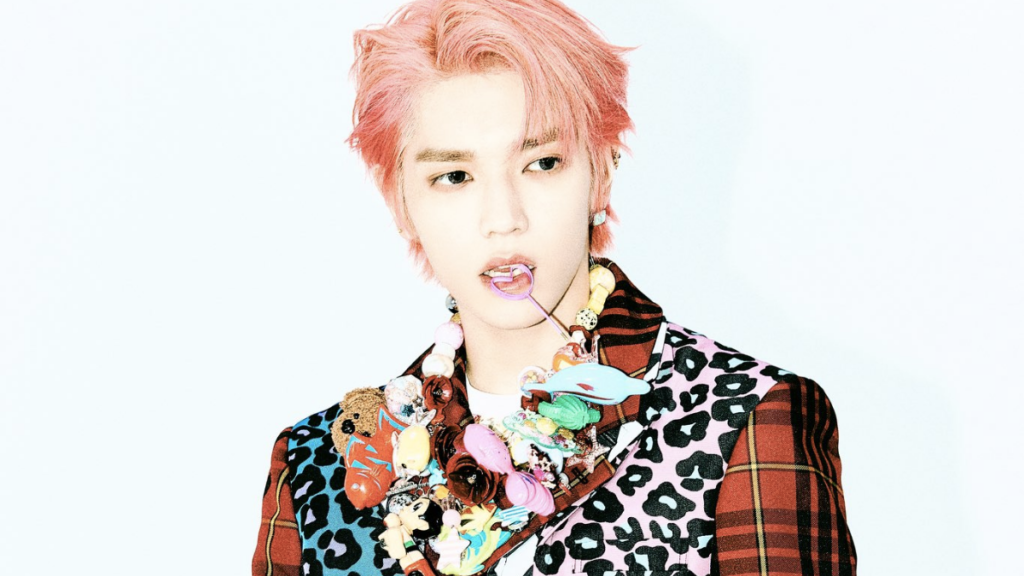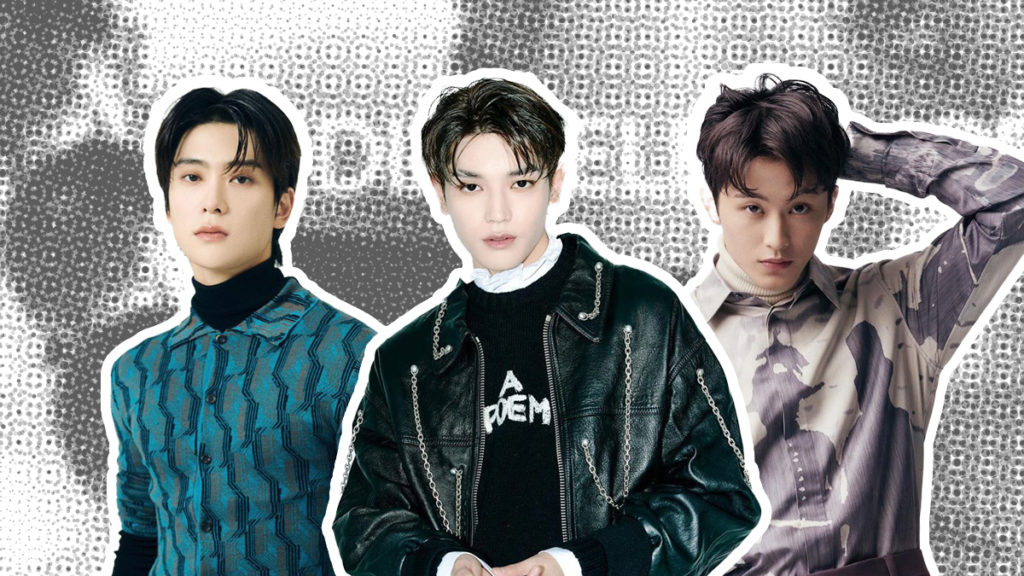Brian Pang on Gaming as a Gateway to Cultural Exploration
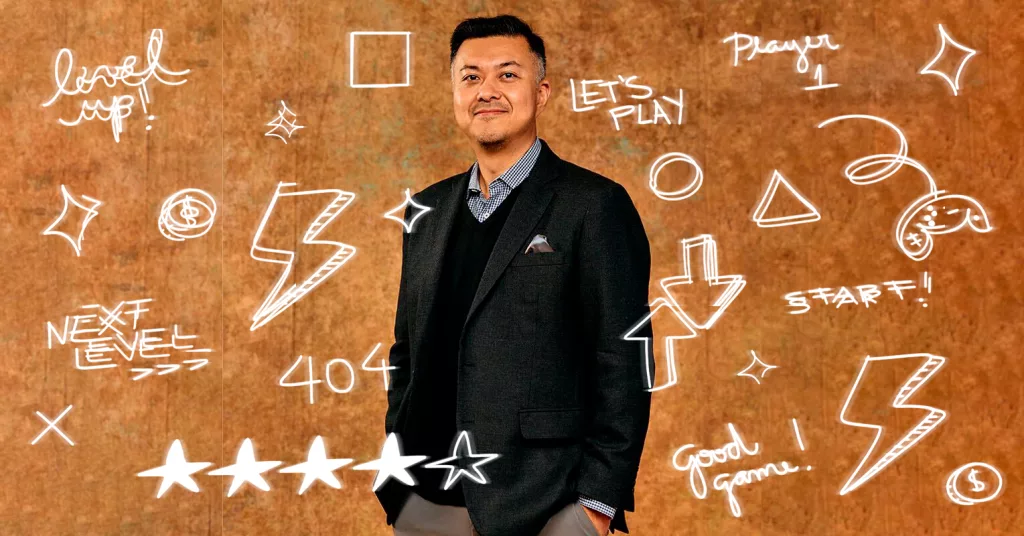
Brian Pang believes that with great power comes great responsibility. As the current Positive Play Leader at Electronic Arts (EA), Pang has familiarized himself with the ins and outs of the gaming industry over the course of his 20-year career. With the tides of the gaming industry shifting in favor of international growth, developers have the power to shape global gamers’ perceptions of the world. At the same time, it’s their job to gear their platforms towards elevating various cultures and communities. EnVi spoke with Brian Pang at the Gold House Gold Forum about the video game community, the importance of diversity and inclusion, and gaming as a gateway to cultural exploration.
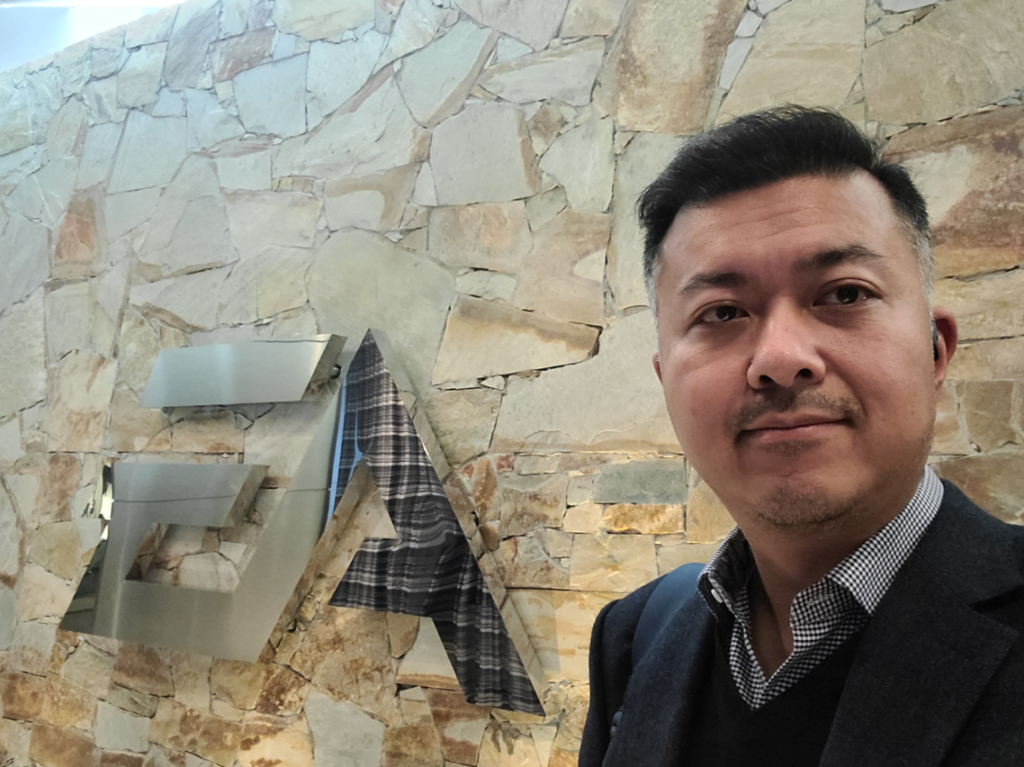
The Rise of Gaming Culture
Gone are the days of negative stereotypes defining gamers. Now, gaming as a hobby is exponentially gaining mainstream traction. In April 2023, market research company DFC Intelligence reported that more than 40% of the world’s population can be classified as gamers. With a whopping 3.7 billion consumers worldwide, it’s no surprise that the gaming industry has boomed in recent years. In particular, safety restrictions during the COVID-19 pandemic made people turn to video games for social interaction and connectivity. “A lot of people couldn’t leave their homes or interact with their friends other than through digital devices and platforms. Gaming became a real way for people to connect and enjoy the social aspects,” Pang said.
One of the main drivers for the growth of the gaming industry is the formation of engaged communities. Franchises undoubtedly attract hardcore supporters, but an increasingly relevant phenomenon is the rise of the gaming creator. A new wave of content creators focused on gaming is fostering communities that support both the games and the player. Livestreams and play-throughs are just a few examples of the content released by dedicated creators, many of whom pour hours into cultivating their content niche and personal brand.
Gaming as a career is possible through not only video game development and content creation, but also professional leagues. According to The NPD Group, a market research company affiliated with NASDAQ, the gaming industry grew to almost $57 billion in revenue in 2020, surpassing the movie and music industries, combined. The mammoth potential of this industry is felt most notably in Asia, where the video game industry is experiencing “hockey stick growth,” according to Pang.
Market intelligence company Niko Partners, which specializes in video game markets and consumers in Asia, reports that Asia accounts for “more than 57% of the $1.1 billion dollar global esports market.” Esports partnerships, brand sponsorships and tournaments are major sources of revenue for the industry.
Despite Asia Pacific’s undeniable influence on the video game industry, the AAPI community is still underrepresented on all fronts. In fact, the International Gaming Developers Association reported in 2021 that over 60% of gaming developers identified as white, with no minority ethnicity representing more than 10% of respondents. While this statistic showed progress when compared to data from previous years, it is clear that the gaming industry has a long way to go.
Asians in Gaming
Pang and the Positive Play team at EA are committed to increasing diversity and representation to foster holistic inclusivity in their products. The Aspire Employee Resource Group (ERG), founded in 2018, was a key component in uplifting the AAPI community at the company. Aspire ERG grew to approximately 2000 members across 40 studio locations worldwide, comprising about 20% of EA’s global workforce.
Video game players create important connections with the games they play. Given the large amount of hours spent immersed in progressing in and completing a game, as Pang explained, gamers form empathetic bonds with the franchises they love. “You’re in the game, you’re one of the characters — you probably created that character, right? And so you just get really invested in it,” he said.
This intimate, three-way relationship between video game developers, video games, and video game players holds important implications for how video games act as a key point of entry into other cultures. Pang emphasized the role of developers in this process: “As game developers and game designers, we’re maintaining that responsibility to help shape how players see the world.”
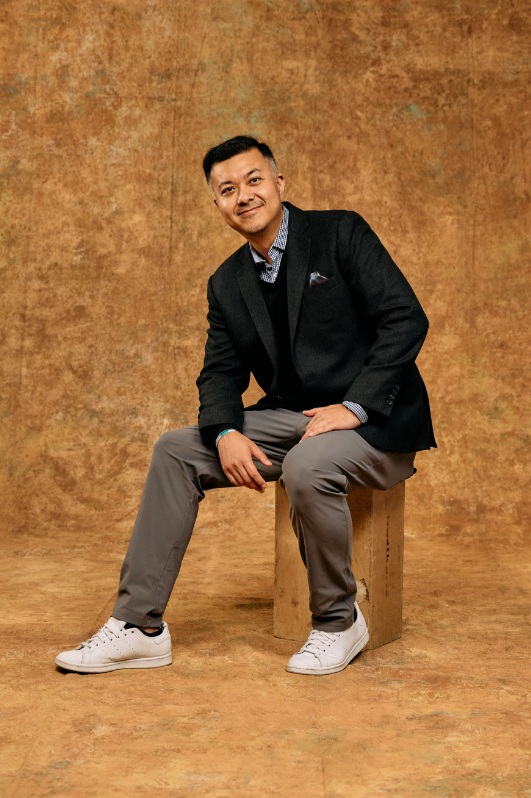

The call for greater representation in the media is an evergreen fight. Video games, like other platforms, can provide players with a look into diverse cultures and unexplored realities unlike their own. Pang shared that his team works closely with EA employees and external consultants to create environments that are authentic, inclusive, and depicted properly. Educational initiatives, inclusive design, and design audits act as “checks and balances” in the inclusive design framework that shapes how video game characters and settings are brought to life in a respectful and exciting way.
Of course, at the end of the pipeline are the players. Video games provide a variety of customization tools that give players the power to create the characters they want. For example, the decades-old franchise The Sims introduced a few long-awaited character customization options for disabled or transgender players in early 2023 that excited fans of the game.
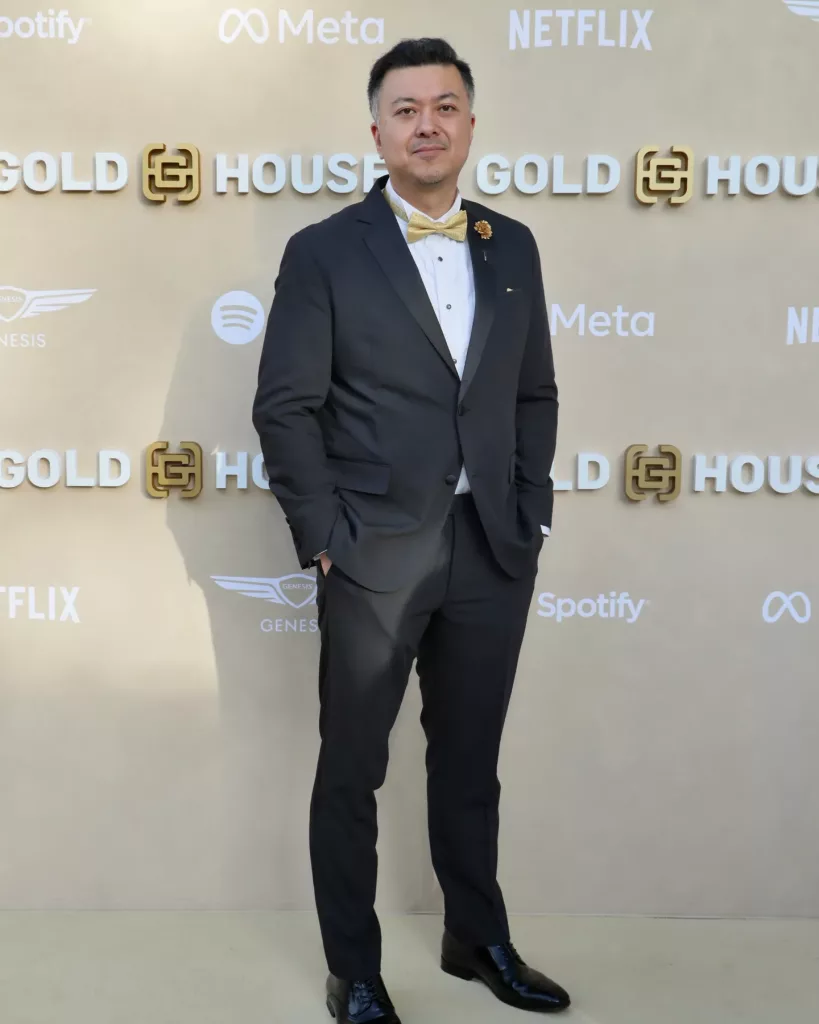

Pang is taking further steps to champion diversity across all steps of the video game creation process. He co-created an organization aptly titled “Asians in Gaming” to build platforms and stages to uplift AAPI game developers, brand marketers, players, and talent — including holistic representation for voice actors, writers, programmers, and anyone else in the creative chain. The nascent organization has one mission: secure representation for the AAPI community in the gaming industry. “We want to make sure there’s above-the-line representation, below-the-line representation, and [representation in] what we see on screen as well,” Pang said.
Interested in current happenings in the gaming industry? Read about the debut of Riot Games’ virtual boy group HEARTSTEEL here!
The author’s content and opinions have not been pre-reviewed, approved or endorsed by Discover.
